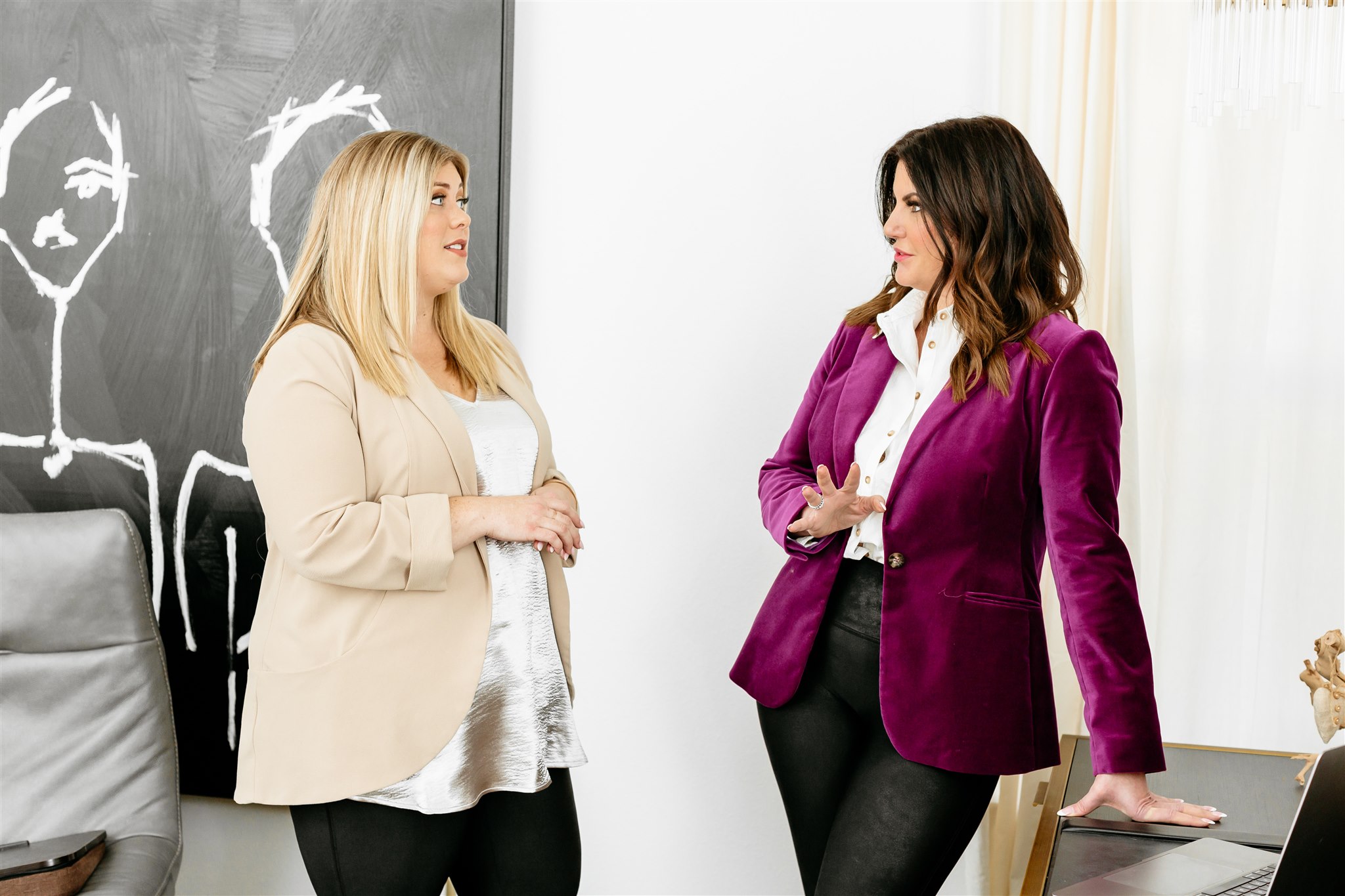
How to become a better listener and improve your marriage
July 28, 2022

Our culture has, in recent decades, emphasized the importance of clearly articulating our opinions and desires. We are told to speak up and communicate assertively from a young age. But what about advice on how best to receive what someone else is saying? Unfortunately, we are rarely taught how to listen. Cultivating the art of listening can make all the difference in any relationship.
Recognize the difference between hearing and truly listening
It’s not enough to allow our spouse their turn to talk. Even saying something like “I hear you” is not truly adequate when trying to create the kind of deep connection and intimacy we all crave.
Consider these thoughts:
Are you listening not just to the words your partner is saying but also to the tone in which they are saying them? What is the expression on your face? Are you demonstrating they have your full attention? Being aware of the things that regularly distract us from giving our partner our whole self at the moment is insightful. Maybe you can be a better listener at certain times of the day or week. It can be helpful to identify these.
Sharpen your reflection skills
Suppose we can decide to approach conversations with the assumption that both partner’s viewpoints are equally valid. In that case, we eliminate the temptation to place a value judgment on what the other person is saying. Immediately, this frees us up to concentrate on precisely what the other person is trying to convey and to demonstrate we have understood it.
Practice this sequence:
- Invite your partner to speak on a particular subject. You may want to start with a benign topic.
- Encourage them to speak from the “I and Me” viewpoint (for example, I feel… or I am upset when…).
- You, the listener, will mirror your partner by saying, “Let me see if I understand you. You are saying X. Did I hear you correctly?”.
- Your partner, the speaker, will then say, “Yes, you did” or “Well, you got some of it right, but you misheard X.”
- The listener will then ask, “Is there more you would like to share?” The speaker will repeat the above steps.
- Throughout the exchange, the listener will validate the speaker by saying, “What you’ve said makes sense to me.” The listener will also practice empathy by expressing what they imagine the speaker is feeling.
- Switch roles. Both of you have a chance to be the speaker and the listener.
- It’s important not to interrupt and to resist the urge to be ready with a rebuttal!
Instead of being right, focus on what might be right about what your partner is saying. In a nutshell, the key is listening to understand rather than responding.
All this may seem a little prescriptive, but the more you practice this exercise, the more natural it will feel and the more likely it will be incorporated into your everyday conversations.
Ask new questions about familiar stories.
When we’ve been together for a while, we may begin to think we know everything there is to know about our story. Key moments such as how we met, how we became engaged, the birth of a child, or the endurance of a challenging illness or period at work can seem to be set in stone. Often, we imagine that the details we remember are objective and have been experienced similarly by our partner. It can be fascinating to ask a couple to recount a particular story in their shared history and hear two very different accounts. It can be the so-called contradictions and the bits which are left out or forgotten that hold the key to a new narrative.
Try this exercise:
- Choose a familiar story and retell it to each other from an alternative viewpoint. How would a bystander interpret the situation differently?
- Are there sounds and scents bound up with your memory? Use your five senses to remember the scene deeply and recall previously buried details. Tap into these to re-live the event with a renewed sentiment.
Consider the differences in your partner’s version of the story. Do you both tend to focus on particular but varying aspects? If the event occurred today and at your current age, how might the experience be different? You may want to discuss the seemingly negative aspects of a particular chapter for which you are grateful with the benefit of hindsight.
Developing our listening skills can be transformational in a relationship and is undoubtedly one of the foundations for building a solid and satisfying marriage.
accept
We use cookies to improve your browsing experience and ensure the website functions properly. By selecting 'Accept All,' you agree to our use of cookies.
© Tmg XXXX
Brand & Website by Writefully Said
Contact our office:
The Montfort Group is a highly-trained team of professional therapists in Plano, TX providing counseling and support for individuals, couples, teens, and families.
Stay Connected
Schedule Now
